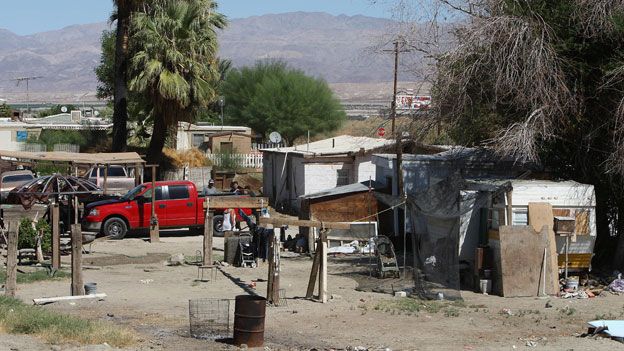Feit is de rijkdom is toegenomen, alleen betalen de rijksten niet mee.
Daarenboven zie ik dagelijks in m'n omgeving dat zelfstandigen nog altijd geen belasting betalen zoals het moet. Daarom, anders dan Nederland, wil men graag dat je cash betaalt. Boekhouderkantoor, garage, elektricien, alles gebeurt in het zwart, transportbedrijven nemen Polen aan die aan het statuur van ginder werken. En de superrijken ontspringen de belastingsdans vaak volledig door allerlei constructies. (bvb. Panama schandaal).
Dan zul je waarschijnlijk zeggen, ja, het water staat die mensen aan de lippen. Ook dat klopt niet, nog nooit zijn Belgische gezinnen zo rijk geweest, alleen is die rijkdom heel erg slecht verdeeld.
De regering wil meer inkomsten? Heel simpel, vervang om te beginnen alle cash betalingen door elektronische, en laat de fiscus overal mee kijken.
En dan ervoor zorgen dat de superrijken en grote bedrijven de dans niet meer ontspringen, stel specialisten aan die de carrousels onderzoeken en kraken, en straf de daders door hen superboetes op te leggen.
U wil gewoon dat de rijken nog rijker worden en de werkende bevolking armer, dat was het gevolg van de politiek zoals U die voorstelt in de VS. De werkende bevolking is daar nu armer dan 40 jaar geleden. Helemaal geen noodzaak, maar een bewuste ideologische keuze.
https://www.theatlantic.com/business...overty/424341/
DIT is exact waar U naar toe wil:
For generations, factories provided good jobs to people who never went to college, allowing families—first white ethnic immigrants, and then others—to be upwardly mobile. Bringing together large numbers of people under a single roof, factory jobs were also relatively easy to organize. As the sociologists Bruce Western and Jake Rosenfeld have argued, unions at their prime helped create a “moral economy” in which wages rose both in firms with unions and those without them, and in which the average worker had a notable voice—however compromised back then by nativism and other exclusionary tendencies—lobbying on their behalf in Washington.
Twenty years ago, union membership—in decline since the ’60s—fell to a level not seen since the Great Depression. For various reasons, it became much harder to pursue the sorts of collective action that unions once cultivated throughout the economy—that is, banding together to convince companies and governments to treat employees better. Free trade and automation undercut the bargaining positions of the working class. Political leaders, bankrolled by the wealthy, rolled back the interventionist policies of the New Deal and postwar period. Corporations, once relatively tolerant of unions, tapped a cottage industry of anti-union consultants and adopted unseemly tactics to crush any organizing drives in their workplaces.
As organized labor in this country has withered, an extreme individualism has stepped in as the alternative—a go-it-alone perspective narrowly focused on getting an education and becoming successful on one’s own merit. This works well for some, but for others—especially the two-thirds of Americans over the age of 25 who don’t have a bachelor’s degree—it often means getting mired in an economy of contract work, low pay, and few, if any, benefits. These prospects suggest that this is an age of diminished expectations for the working class.
